Keynote Lecture: “Explanation and prediction of cultural change”

Igor Grossmann Ph.D
- Director, Wisdom and Culture Laboratory
- University of Waterloo, Canada
- https://igorgrossmann.com/
Date: Wednesday, April 6th, 7pm (CEST)
Location: HS 02.01, Universitätsplatz 2 and
online via UniTube Graz
Registration: Due to the still ongoing CoVID-pandemic registration for this event is requested. Please register here. Online participants will receive a link to the online event shortly beforehand.
CoVID-19 Measures: Access is only possible with a valid 2.5 G proof. FFP2 masks have to be worn strictly all time.
Thematic talks “CHANGE: How to measure, detect, and quantify change reliably.”
From a systems science perspective, there is reason to assume that abrupt perceptual changes - e.g. the sudden shift from seeing a black patch to seeing a white one - are caused by an integrated interaction of neurons, never by a mere aggregation of neurons in isolated activity. Therefore, to explore the possibilities for predicting such changes, one needs to consider social or network effects. The talk will present possibilities for such considerations, demonstrate statistical prediction methods and discuss some of their caveats.

Manfred Füllsack is professor for systems sciences at the Institute of Systems Sciences, Innovation and Sustainability Research . His expertise is in the field of Complex Systems, Networks, Games, Systems modeling, and Social economic and ecological aspects of work
Date: Friday, April 8th, 9am (CEST)
Location: HS 02.01, Universitätsplatz 2 and
online via UniTube Graz
Registration: Due to the still ongoing CoVID-pandemic registration for this event is requested. Please register here. Online participants will receive a link to the online event shortly beforehand.
Educational games have become a popular and effective approach for learning and can augment traditional instruction. However, the underlying mechanisms by which games engage learners and promote learning are still unclear. In the current talk, I will focus on the use of multimodal measures to investigate cognitive and emotional factors when learning with games.
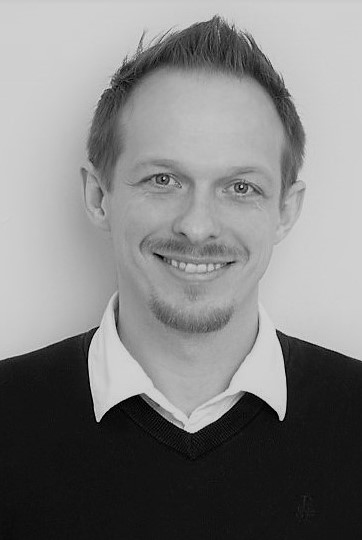
Manuel Ninaus is Tenure Track Professor of Digital Technologies and Psychology at the University of Graz where he heads the Digital Psychology Lab. His research interests include educational technologies and learning analytics. For several years, Manuel Ninaus was elected board member of the Serious Games Society and he is currently chairing the Special Interested Group Serious Games and Gamification at the European Association for Technology-Enhanced Learning.
Date: Friday, April 8th, 10am (CEST)
Location: HS 02.01, Universitätsplatz 2 and
online via UniTube Graz
Registration: Due to the still ongoing CoVID-pandemic registration for this event is requested. Please register here. Online participants will receive a link to the online event shortly beforehand.
Starting from the fundamental questions of what the terms behavior and behavior change mean in psychology, we briefly go into how to model adaptive assessment of knowledge and competence. Then we will turn to the possibilities of technology-enhanced learning for improving knowledge and competences, and consider the relationship between knowledge and behavior. The question on how to reduce the knowledge-behavior gap is important. Finally, further psychological challenges and open questions will briefly be brought forward for discussion

Dietrich Albert is a psychologist, cognitive scientist, and the CSS chair person. His research is focusing on cognitive modeling; learning and memory processes; choice processes and decision making; knowledge, competences and skills; adaptivity in technology enhanced learning; and on methodology.

Michael A. Bedek is a psychologist and cognitive scientist. His main research interests and activities are in cognitive biases assessment and mitigation, the mathematical modelling of cognitive processes, and the support of learning and behavioral change via technology-enhanced learning applications.
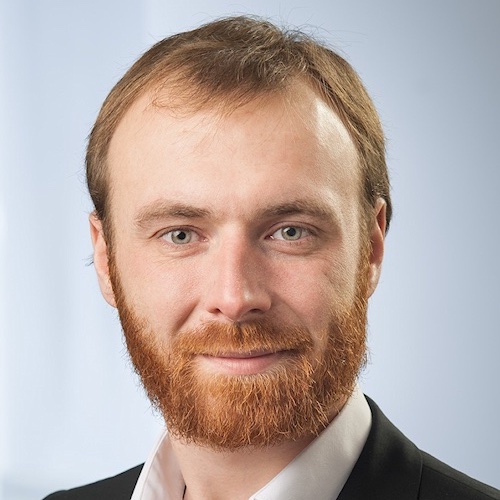
Jochen A. Mosbacher is a psychologist and neuroscientist. His main research areas are in cognitive science and educational neuroscience, focusing on the possibilities of brain stimulation supported learning and technology supported assessment and improvement of mental health.
Date: Friday, April 8th, 11am (CEST)
Location: HS 02.01, Universitätsplatz 2 and
online via UniTube Graz
Registration: Due to the still ongoing CoVID-pandemic registration for this event is requested. Please register here. Online participants will receive a link to the online event shortly beforehand.
Educationals and lab-visits
Research Data Management (RDM) is key to ensure FAIR (findable, accessible, interoperable and reusable) data. This will help to make your research reproducible and to ensure high quality results. In this session, we’ll cover all topics around the data lifecycle to see where a researcher needs to think about RDM and we’ll present tools that can be used for RDM.

Sarah Stryeck is working as Senior Researcher at Know-Center, PostDoc at TU Graz and Data Steward in the Data Intelligence Initiative. Sarah did her PhD in Integrative Structural Biology and specialized afterwards in the topics data platforms and responsible AI.
Date: Thu 7th April 9:00 (CEST)
Location: Unicorn Graz, Schubertstraße 6a
In this hands-on workshop, I will briefly introduce the concept of preregistration and show different templates. Moreover, I will go through a submitted preregistration step by step and encourage participants to create their first preregistration during the workshop. Participants should come with a concrete study idea in mind.
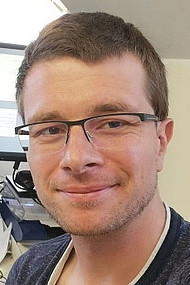
Hilmar Brohmer studied social and behavioral sciences in Halle (Saale), Frankfurt (Main), Oslo, and Tilburg in the Netherlands. He graduated with a PhD at the University of Graz in Social Psychology in 2020. His research focusses on open science practices, as well as social cognition, environmental psychology, and evolutionary psychology.
Date: Thu 7th April 10:00 (CEST)
Location: Unicorn Graz, Schubertstraße 6a
Contrary to a common believe, design is not only about making things pretty. However, design is supposed to be functional (with beauty being a side effect). Let’s explore what’s the difference between design and decoration and how we can use fonts, colours and current design trends to our advantage.
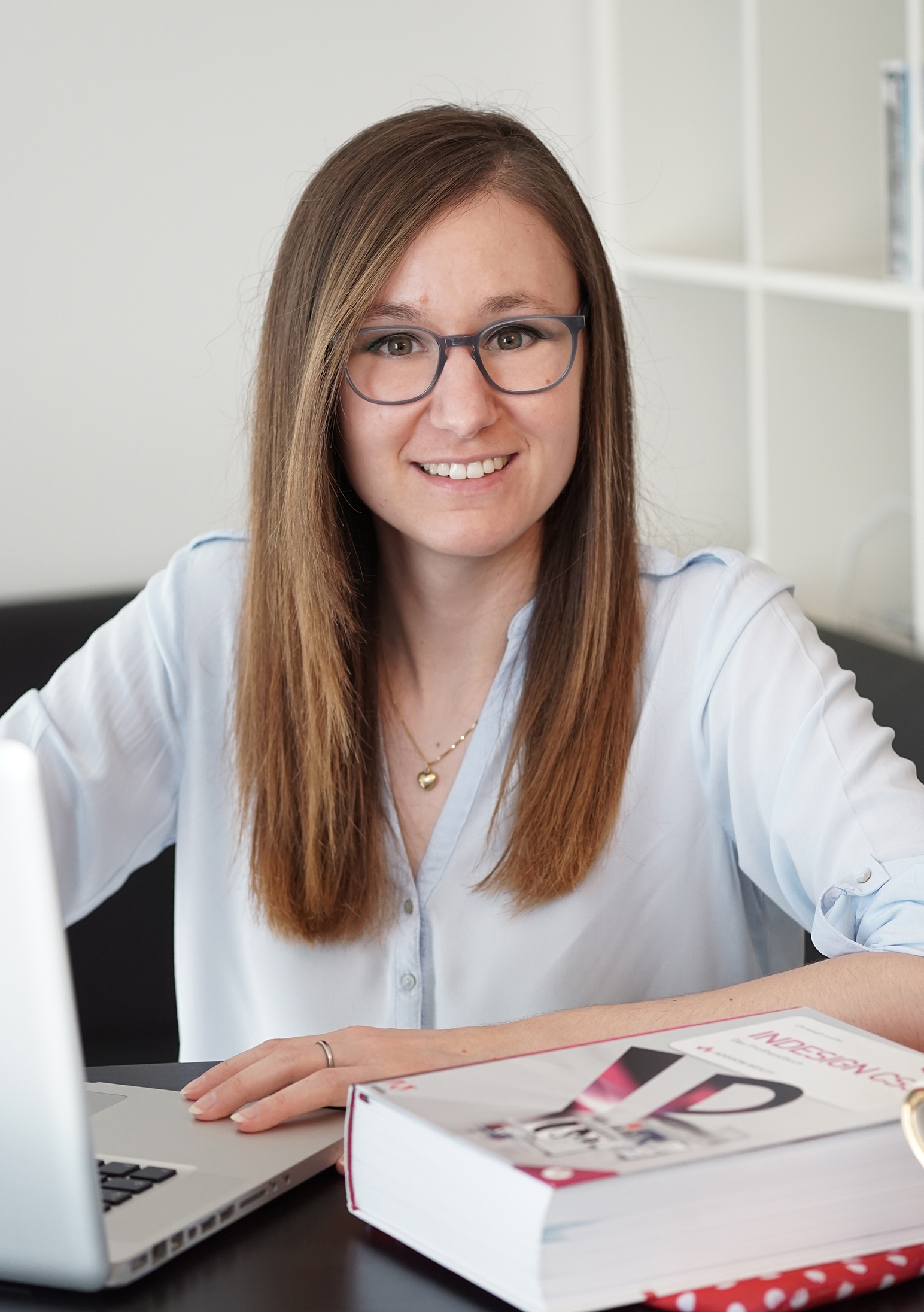
Verena Resch studied biochemistry and molecular biology at the Uni Graz. After finishing her PhD, she worked as a PostDoc in the Netherlands (TU Delft) and the Uni Graz. In 2016 she decided to leave academia and work as a freelance scientific designer making use of her second education in graphics and media design. Since 2021 she is in charge of the visual communication at the bioinformatics company Innophore GmbH.
Date: Tue 5th April 15:00 (CEST)
Location: Unicorn Graz, Schubertstraße 6a
Would you like to know how to captivate the readers of your paper? You need to tell them an interesting story. Stories are not just on Netflix and in Harry Potter books; they are an integral part of the scientific articles you write. In this talk, you will learn all about the art of scientific storytelling.

Gayannée Kedia is a researcher in psychology and neuroscience at the University of Graz. She owns degrees in biology and psychology and has worked for several universities in France, the UK, Germany, and Austria. Parallel to her academic activity, she works as a scientific writing coach. She is also the founder of abrilliantmind.blog, a blog aimed at helping scientists be more productive and happier in their professional activity.
Date: Tue 5th April 14:00 (CEST)
Location: Unicorn Graz, Schubertstraße 6a
The seminar will provide basic principles of storytelling applied to science, science communication and practical tools for writing and speaking in plain language to a large variate audience. We will use practical example and a hands-on approach.
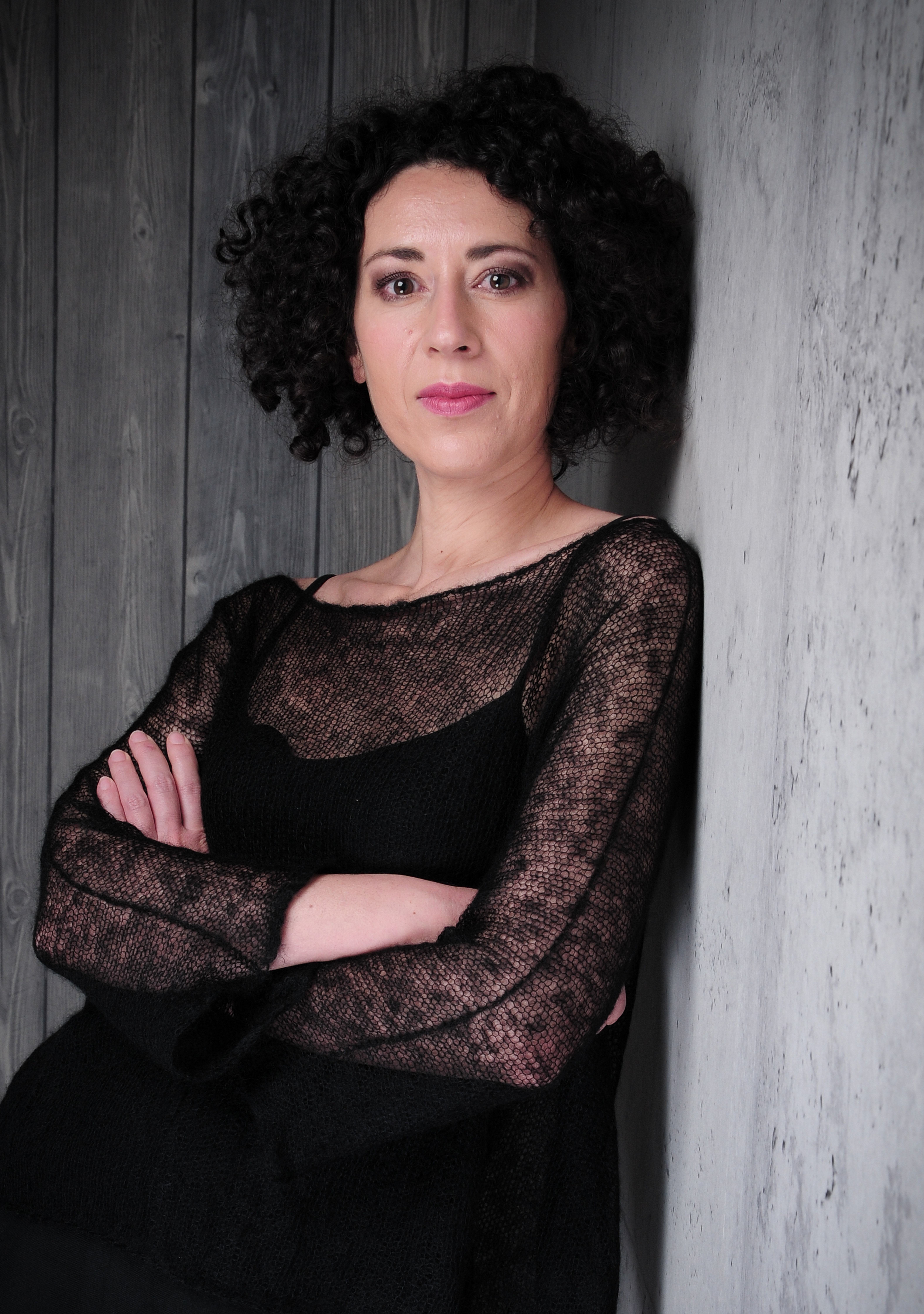
Neuroscientist, turned science writer and science communicator. Published author, contributor to scientific magazines such Mind and Le Scienze (the Italian edition of the Scientific American) and curator of science communication and presentation workshop and classes for the Grade Brain program of the Goethe Universität in Frankfurt am Main (DE) and other centers.
Date: Tue 5th April 16:00 (CEST)
Location: online via UniTube
One of the core symptoms of autism is repetitive behavior, which is likely to be underpinned by cognitive inflexibility, i.e., the deficit in responding to changes in the environment. I will showcase how to measure flexible behavior with a probabilistic learning task, and how to quantify the suboptimal learning in autism using simple reinforcement learning models, under the hierarchical Bayesian analysis framework.

Lei Zhang is a senior research fellow at the Social Cognitive and Affective Neuroscience Unit, University of Vienna, Austria. He studied psychology in China and obtained his PhD in Cognitive Neuroscience (summa cum laude) from the University Medical Center Hamburg-Eppendorf, Germany. He has been focusing on the neurocomputational mechanisms of flexible learning and decision-making in both health and disease. He has received the Rising Star Award from the Association for Psychological Science, and the Trainee Professional Development Award from Society for Neuroscience.
Personal website https://lei-zhang.net.
Date: Wed 6th April 14:30 (CEST)
Location: Unicorn Graz, Schubertstraße 6a
What are agents and why can a group of them form a system? This talk introduces the basic concepts of agent-based modeling and illustrates the diversity of agent design. Visual examples will be used to explore the modeling landscape, from agent ants foraging for sugar, to agent cars maneuvering in traffic, to agent humans responding to threats.

Marie Kapeller is PhD University Assistant at the Institute of Systems Science, Innovation and Sustainability Research at the University of Graz since 2020. Her focus is on network science and computational modeling with respect to ecological challenges. She is a member of Complexity of Life (COLIBRI) and Human Factor in Digital Transformation (HFDT).
Date: Wed 6th April 1:30 pm (CEST)
Location: Unicorn Graz, Schubertstraße 6a
Game Theory provides a large toolkit to help us understand strategic interaction, between humans, between animals, even between plants or computers. I will explain the underlying principles of game theory and explain how it can be applied by means of an example of what level of cognitive empathy one would expect people to have in conflict situations.
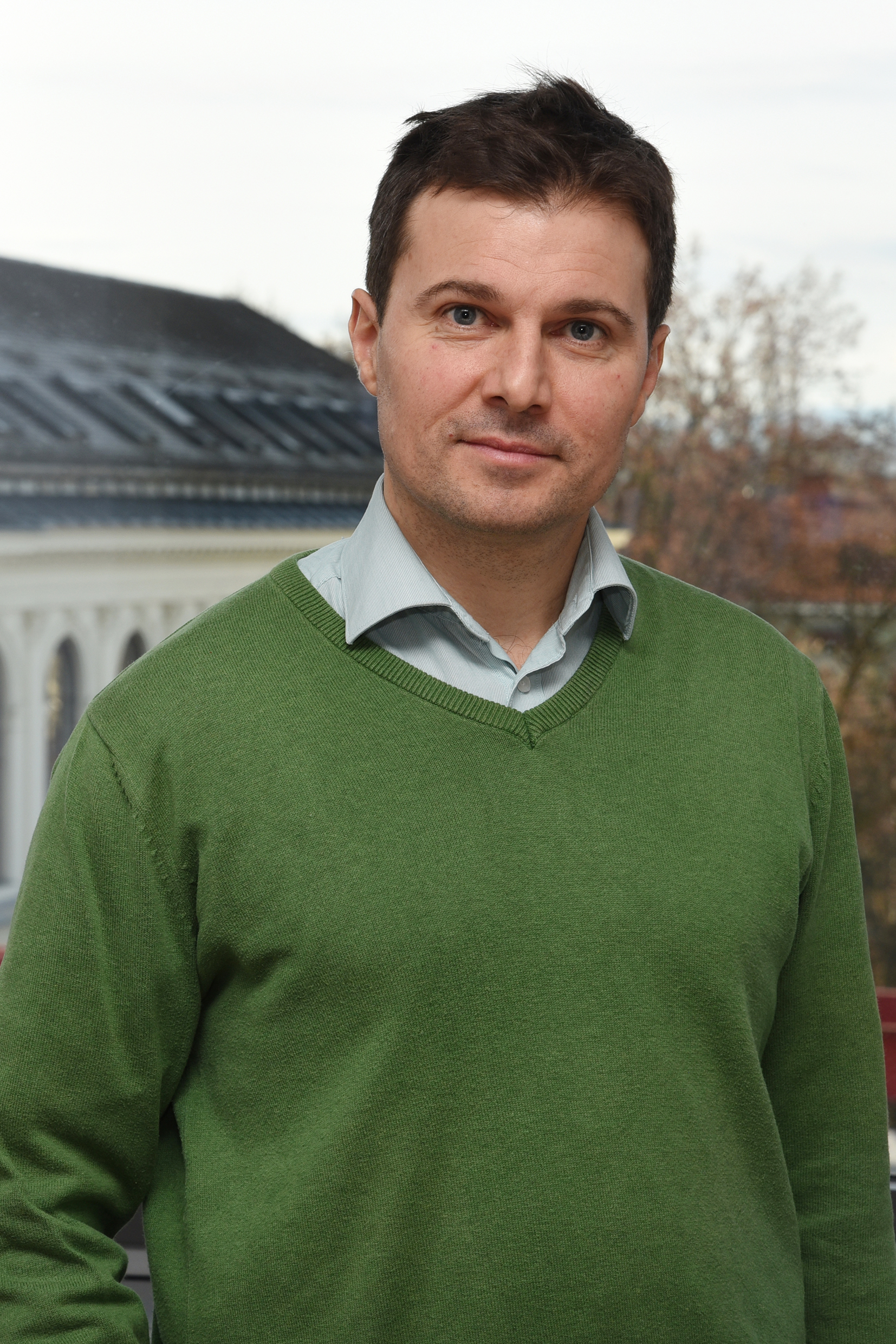
Christoph Kuzmics is interested in the theory of strategic thinking. He is a Professor for Microeconomics since 2015 and a member of the profile-forming area Complexity of Life (COLIBRI) at the University of Graz. After completing his doctorate in economics at the University of Cambridge in 2004, Kuzmics was an assistant professor at the Kellogg School of Management, Northwestern University until 2011 and a professor at the University of Bielefeld from 2011 to 2015.
Date: Wed 6th April 15:30 (CEST)
Location: Unicorn Graz, Schubertstraße 6a
In this 60-90 min demonstration, the goal is to give interested participants a basic introduction to the acquisition and analysis of functional near-infrared spectroscopy (fNIRS) data. A short presentation about the methodological principles of fNIRS is followed by a live data acquisition session and subsequent inspection of the data with the open-source analysis software “HOMER” https://openfnirs.org.
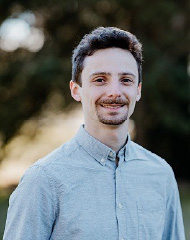
Thomas Kanatschnig studied psychology at the University of Graz and graduated in January 2021. The topic of his master’s thesis contained the evaluation of sensorimotor activation patterns during basketball dribbling and its effects on creative ability with functional near-infrared spectroscopy (fNIRS). Since March 2021 he is a university assistant at the department of Neuropsychology & Neuroimaging of the University of Graz. Since October 2021 he is also a PhD-student at the COLIBRI section of the University of Graz.
Date: Thu 7th April 13:00 (CEST)
Location: SR 37.01 - Beethovenstraße 9/EG (Palais Kottulinsky)
moved to Unicorn
Microbiomes include a complex interaction network of microbes, their metabolites, and the host environment. These data types are often huge, but sparse. Hence, extracting meaningful information and interpretations can be quite challenging. We will present typical datasets and state-of-the art methods how to make sense out of this mess of datasets.

I’m an university assistant at the Medical University of Graz working in the lab of Prof. Christine Moissl-Eichinger on many projects related to the human microbiome. My special expertise are genome-centric metagenomics with a special focus on the human archaeome and confined built environments.
Date: Wed 6th April 09:00 (CEST)
Location: Unicorn Graz, Schubertstraße 6a
We are offering a guided tour through our microbiome wet lab at the Medical University of Graz. Come and learn more about the practical site of microbiome research and find out where and how we cultivate not only some of the bacterial but also the often overseen archaeal inhabitants of the human body.
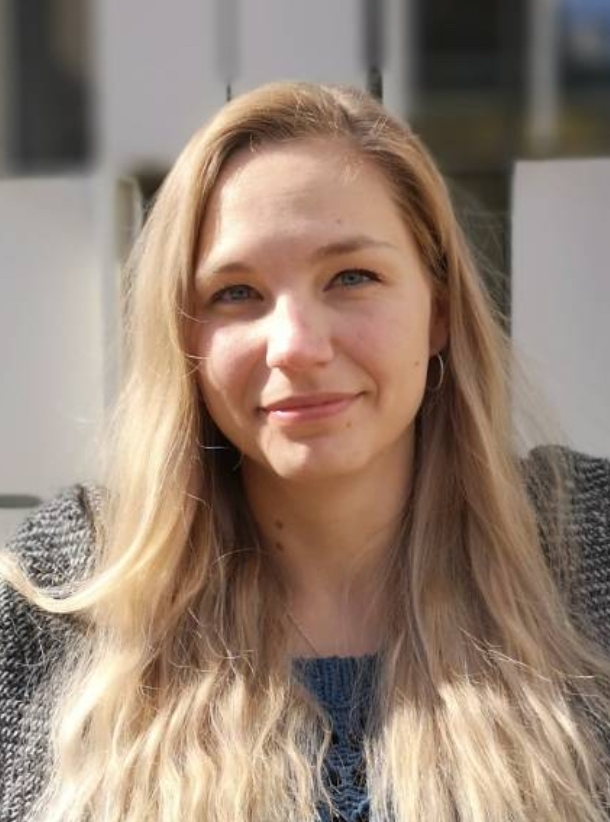
Her main research interest lies on the microbiome and its role in health and disease. In her projects she investigates the microbial community composition located at different body parts including the nasal cavity and the gut. Notably, she does not only focus on the bacterial but also on the often overlooked archaeal community.
Date: Wed 6th April 10:30 (CEST)
Location: Meeting at Unicorn Graz, Schubertstraße 6a
Being able to record and analyze brain activation is a valuable source in neuroscience to better understand human behavior. Hence, this demo should give a practical overview of electroencephalography (EEG). Also, we will discuss what role Virtual & Augmented Reality can play in neuroscientific fields of application, while we demonstrate our Virtual Reality system.

Lisa Berger studied psychology at the University of Graz and works as PhD University Assistant at the Department of Neuropsychology & Neuroimaging since 2021. Her research interests focus on the integration of Virtual & Augmented Reality in the EEG-neurofeedback context.
Date: Thu 7th April 16:00 (CEST)
Location: EEG Labor DG 0352; Dachgeschoss Psychologie-Institut (Universitätsplatz 2)
rescheduled to 2:30 pm
In medicine, the aim is to treat patients in an personalized and optimal way, also known as ‘Precision Medicine’. This talk will shed light onto the question “How can AI help to extract new knowledge from medical imaging data?”, in order to learn about diseases and improve personalized medicine. Thereby, both Machine Learnining and Deep Learning concepts as well as concrete application scenarios will be presented.

Philipp Seeböck is currently working as a Postdoctoral Researcher at the Medical University of Vienna and as Director of IT at the Vienna Reading Center. His research focus includes deep learning, unsupervised learning, anomaly detection, medical imaging and biomarker discovery as well as translational research in general.
Date: Wed 6th April 16:00 (CEST)
Location: Unicorn Graz, Schubertstraße 6a
Following a short presentation of the MRT-Lab facitilty, we will discuss the possibilities and problems of measuring neuronal activity using magnetic resonance imaging. We will then run a short demonstration of an MRI measurement using a current study as an example.

Karl Koschutnig is the coordinator of all studies concerning (f)MRI at the MRI-Lab Graz. He is working as a Senior Scientist to unfold processes and mechanisms related to aerobic and postural control interventions on specific properties of grey and white matter in the brain. For example, he investigated structural brain changes after learning to ride a unicycle.
Date: Wed 6th April 09:00 (CEST)
Location: MRI-Lab @ Kopernikusgasse 24 (Technische Universität Graz - „neue Technik“)

Ronald Thenius is currently coordinator of the Robocoenosis project. Since 2004 he works in the Artificial Life Lab of the University of Graz. After his Ph.D. (Biology) he has been participating in the several EU-funded projects. His main fields of research are biohybrid technology, bioinspired robotics, swarm robotics, biomimicry in robot control, with a special focus on simemould, honeybees and vertebrate neuronal systems as archetypes.
Date: Fri 8th April 1:30 pm (CEST)
Location: Benches in front of the Universitätsplatz 2
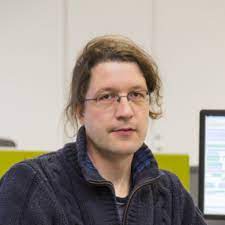
Dr. Matthias Becher is a Senior Post-Doc in the Artificial Life Lab at the University of Graz. As an experienced developer of complex bee models, he is responsible for the Hiveopolis project and coordinates its modeling tasks.
Date: Fri 8th April 1:30 pm (CEST)
Location: Benches in front of the Universitätsplatz 2

Martin Stefanec studies behavioral interactions and the resulting group effects in honey bees. Besides the mechanistic processes of these interactions, his research interest lies in the interactions between these animal behaviors and the environment in which they live.
Date: Fri 8th April 1:30 pm (CEST)
Location: Benches in front of the Universitätsplatz 2